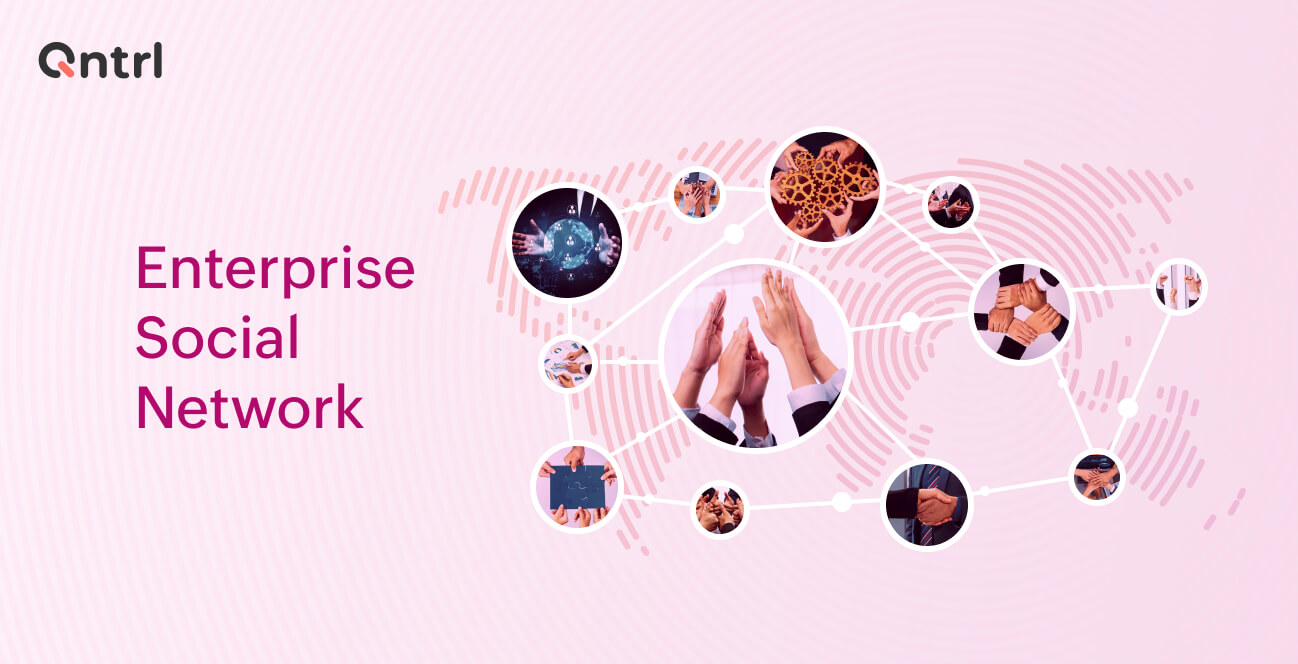We've all heard about standardization, but before you shrug it off as corporate jargon, I urge you to put aside your skepticism and discover how this seemingly mundane concept became the secret sauce behind some of the world's most successful businesses.
What is standardization anyway?
Standardization in business is all about creating a set of consistent processes and practices that everyone in your organization follows.
It's like having a recipe for success, but instead of keeping it secret, you share it with your whole team. Why? Because when everyone is on the same page and follows the same procedures, amazing things happen.
Streamlined processes for efficiency
Imagine you run a bakery, and you have a dozen different bakers each making their own unique bread. Without standardized workflows, chaos will reign. Customers won't know what to expect on a daily basis, inventory will be difficult to manage, and quality control will be a nightmare.
That's where standardization swoops in to save the day. When you have standardized recipes and baking procedures, you ensure that every loaf of bread that leaves your bakery is of the same high quality. It's also more efficient because you can manage your ingredients and baking capcity with precision.
Standardization is a time saver extraordinaire. Think about it: Your team knows exactly what to do, which means tasks get completed faster and more consistently. That translates to cost savings and increased productivity. Plus, you won't have to deal with constant errors and rework, as standardization reduces the likelihood of these hiccups.
Quality control
Maintaining consistent quality is a non-negotiable for any business that wants to thrive. Standardization allows you to set and maintain quality benchmarks so your customers will trust your brand and keep coming back for more. That's a one-way ticket to success.
Quality control is not just about customer satisfaction; it's also about compliance. Standardized processes are often necessary to meet legal and regulatory requirements.
Happy employees, happy business
Standardization can help your amazing team make their work easier. Well-documented processes give your employees a clear path to succeed on the job and make it easier to onboard and train new team members. This reduces stress, improves job satisfaction, and boosts morale. Employees guided by clear instructions and expectations are more productive and committed to their work.
Adaptation and growth
You might be thinking, "But I want to innovate and try new things!" Standardization doesn't mean you can't be flexible. In fact, it's the foundation that allows you to adapt and grow.
Standardized processes give you a solid platform to launch new ideas. You can experiment within the framework of your existing standards and compare results against your baseline performance metrics. This gives you a way to measure the success or potential of new products and processes while ensuring that even your innovations maintain a level of consistency and quality.
Success stories of standardization
The proof is in the pudding, and there are plenty of real-life examples of businesses that owe a significant part of their success to standardization. Let's take a look at a few of the biggest success stories:
McDonald's
The fast food giant is famous for its standardized processes. Whether you're ordering a Big Mac in New York or Tokyo, you know it's going to taste the same. That's because McDonald's has incredibly detailed procedures that every franchise follows. Standardization means you get the same experience, no matter where you are in the world.
Amazon
Amazon's success story is closely tied to their standardized logistics and supply chain management. Whether you order a book or a toaster, their processes ensure that your package arrives on time. That level of consistency builds trust with customers, which gradually made Amazon consumers' go-to vendor for a wide variety of products.
The takeaway: Standardization is the key to growth
In a nutshell, standardization streamlines your operations, saves time and money, ensures quality, and helps your team succeed on the job. Even as your business evolves, standardization provides a solid foundation to support ongoing growth and innovation. Just look at the success stories of McDonald's and Amazon. They've harnessed the power of standardization to become global giants.
If you're looking to boost your business to new heights, don't overlook the crucial role of standardization. It might not be the flashiest part of your strategy, but it's the unsung hero that keeps everything running smoothly. So go ahead, implement those standardized processes and watch your business soar!







